
Recently Viewed
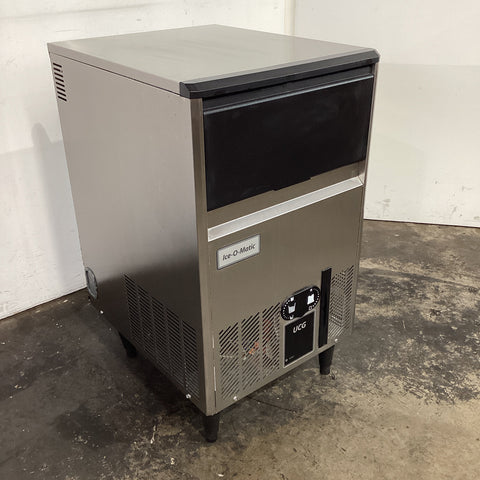

 Ice O Matic UCG85A Ice Machine - 850048
Ice O Matic UCG85A Ice Machine - 850048
465W x 570D x 830Hmm
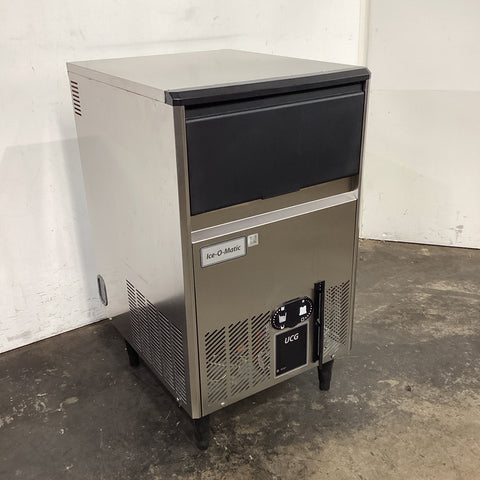

 Ice O Matic UCG85 Ice Machine - 874464
Ice O Matic UCG85 Ice Machine - 874464
465W x 570D x 830Hmm
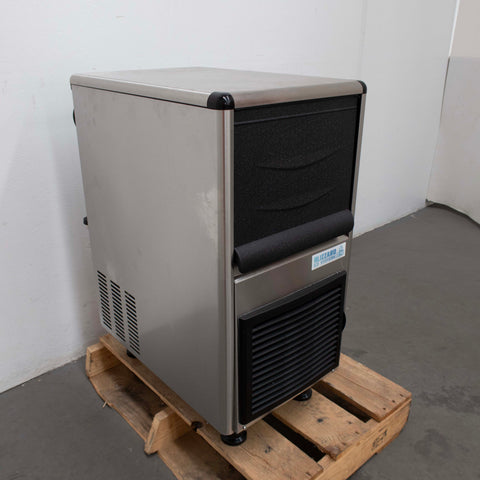

 Blizzard SN-25C Ice Machine - 867733
Blizzard SN-25C Ice Machine - 867733
375W x 565D x 675Hmm
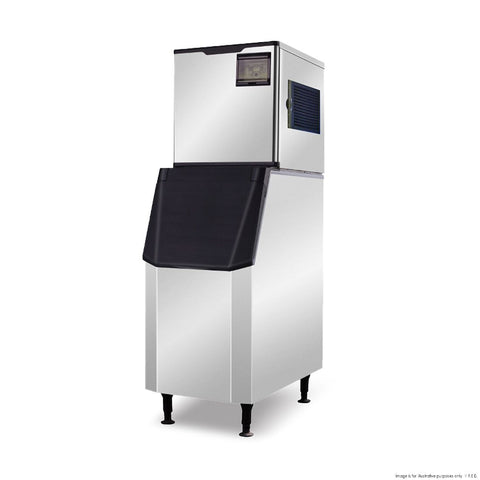

1720(W) x 860(D) x 670(H)mm
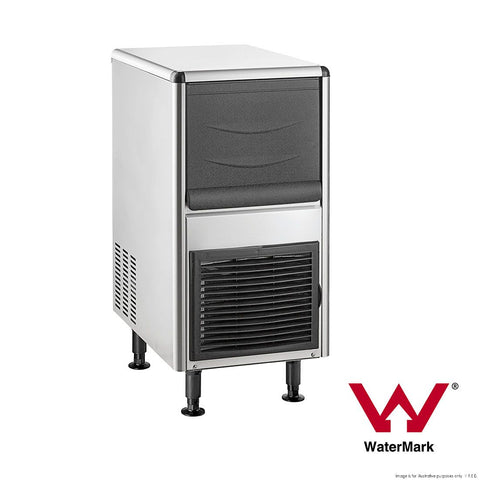

762(W) x 575(D) x 665(H)mm
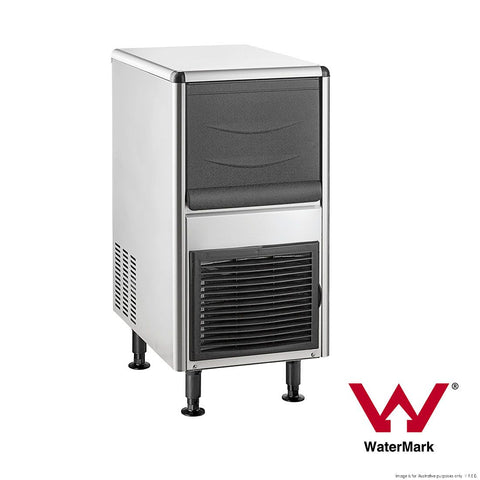

762(W) x 575(D) x 665(H)mm
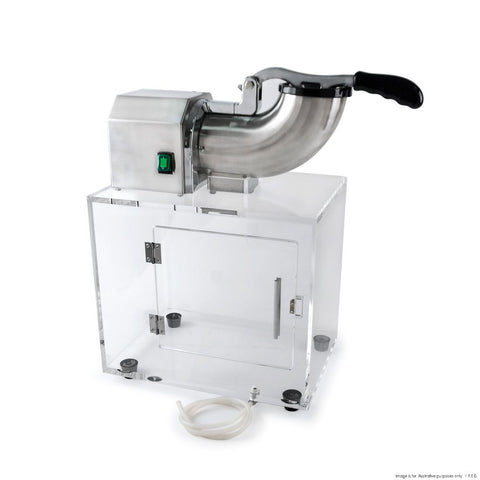

 CLEARANCE - Yasaki Durable Waterproof Fast Speed Ice Shaver AK2-ICS-NSW2100
CLEARANCE - Yasaki Durable Waterproof Fast Speed Ice Shaver AK2-ICS-NSW2100
603(W) x 300(D) x 480(H)mm
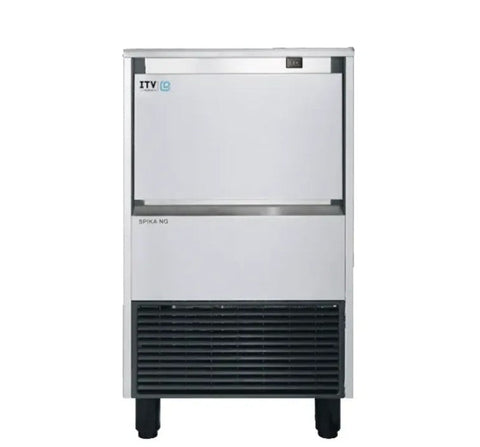

 SKOPE SPIKA NG50 Ice Machine - 910000
SKOPE SPIKA NG50 Ice Machine - 910000
535W x 595D x 790Hmm
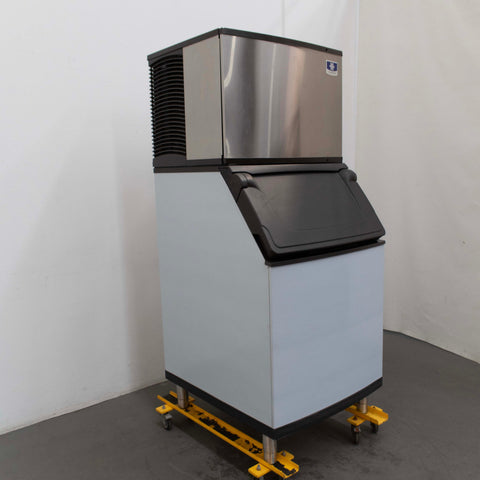

765W x 850D x 1800Hmm
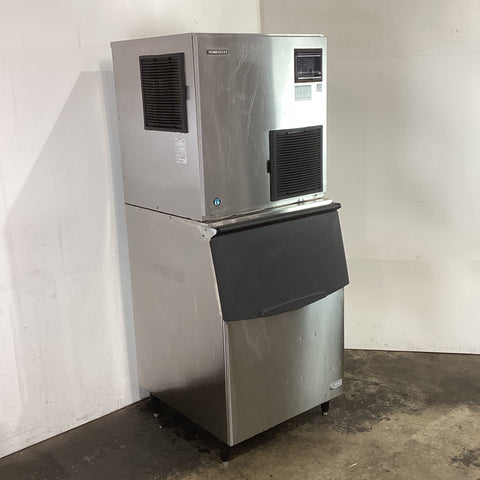

 Hoshizaki FM-1000AKE Ice Machine + B-501SA Storage Bin - 900187
Hoshizaki FM-1000AKE Ice Machine + B-501SA Storage Bin - 900187
770W x 850D x 1955Hmm

 Icematic 145Kg High Production Full Dice Ice Machine M145-A
Icematic 145Kg High Production Full Dice Ice Machine M145-A
560(W) x 575(H) x 620(D)mm
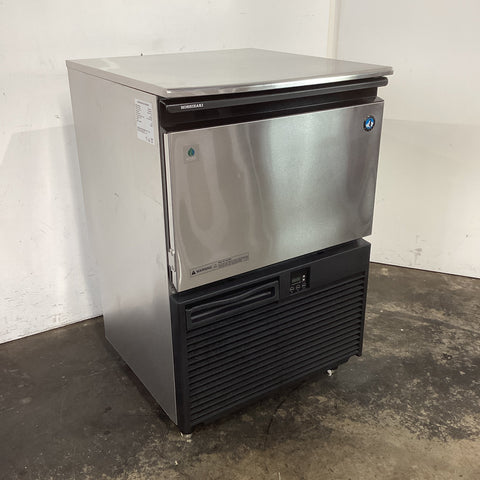

 Hoshizaki KM-60C-HC Ice Machine - 886150
Hoshizaki KM-60C-HC Ice Machine - 886150
605W x 610D x 840Hmm
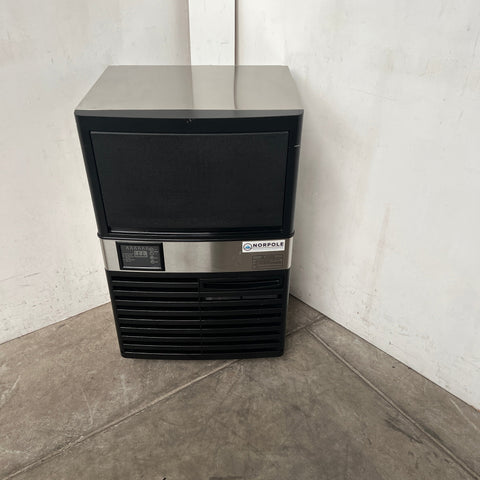

 Norpole NOR-SK80P Ice Machine - 884068
Norpole NOR-SK80P Ice Machine - 884068
500W x 455D x 800Hmm

 Electrolux 94kg Self Contained Flake Ice Machine - IGE94I20SNP
Electrolux 94kg Self Contained Flake Ice Machine - IGE94I20SNP
465(W) x 595(D) x 789(H)mm

 Electrolux 74kg Self Contained Flake Ice Machine - IGE55I20SNP
Electrolux 74kg Self Contained Flake Ice Machine - IGE55I20SNP
465(W) x 595(D) x 789(H)mm

 Electrolux 112kg Self Contained Ice Machine with Drain Pump - ICB112I60SDP
Electrolux 112kg Self Contained Ice Machine with Drain Pump - ICB112I60SDP
715(W) x 700(D) x 1044(H)mm

 Electrolux 83kg Self Contained Ice Machine with Drain Pump - ICB83I35SDP
Electrolux 83kg Self Contained Ice Machine with Drain Pump - ICB83I35SDP
715(W) x 595(D) x 939(H)mm

 Electrolux 55kg Self Contained Ice Machine with Drain Pump - ICB55I25SDP
Electrolux 55kg Self Contained Ice Machine with Drain Pump - ICB55I25SDP
535(W) x 595(D) x 789(H)mm

 Electrolux 47kg Self Contained Ice Machine with Drain Pump - ICB47I20SDP
Electrolux 47kg Self Contained Ice Machine with Drain Pump - ICB47I20SDP
465(W) x 595(D) x 789(H)mm

 Electrolux 37kg Self Contained Ice Machine with Drain Pump - ICB37I20SDP
Electrolux 37kg Self Contained Ice Machine with Drain Pump - ICB37I20SDP
465(W) x 595(D) x 789(H)mm

 Electrolux 32kg Self Contained Ice Machine with Drain Pump - ICB32I15SDP
Electrolux 32kg Self Contained Ice Machine with Drain Pump - ICB32I15SDP
405(W) x 515(D) x 757(H)mm

 Benchstar Insulated Ice Caddie CPWK112-6
Benchstar Insulated Ice Caddie CPWK112-6
790(W) x 600(D) x 740(H)mm

 Benchstar Insulated Ice Caddie CPWK112-22
Benchstar Insulated Ice Caddie CPWK112-22
820(W) x 560(D) x 730(H)mm
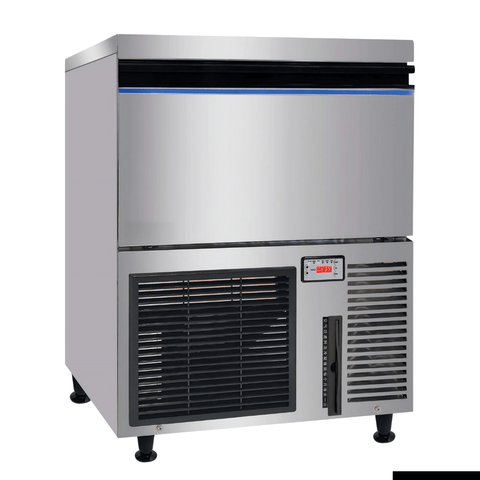

 Blizzard Premium Under-Counter Ice Maker Large Cube Ice - SN-200P
Blizzard Premium Under-Counter Ice Maker Large Cube Ice - SN-200P
660(W) x 670(D) x 865(H)mm
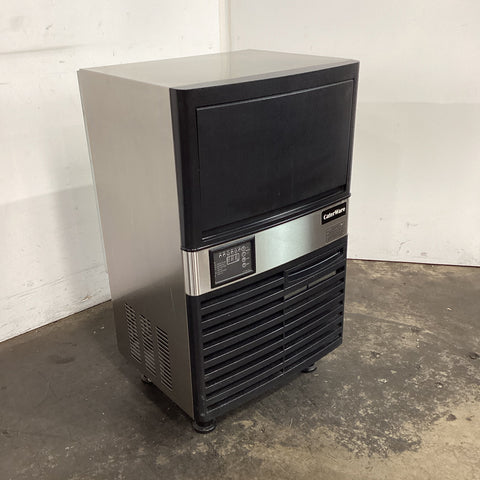

 Caterware SK-80P Ice Machine - 775027
Caterware SK-80P Ice Machine - 775027
500W x 455D x 765Hmm

 Icematic High Production Full Dice Ice Machine 220Kg M205-A
Icematic High Production Full Dice Ice Machine 220Kg M205-A
760(w) x 575(h) x 620(d)mm

 Skope Skope SPIKA MS220 A Half Dice Modular Ice Cube Maker - SPIKA MS220 A HD R290
Skope Skope SPIKA MS220 A Half Dice Modular Ice Cube Maker - SPIKA MS220 A HD R290

 Skope Skope SILO S130 Ice Cube Storage Bin - S130
Skope Skope SILO S130 Ice Cube Storage Bin - S130
762(W) x 740 (900 with legs)(H) x 819(D)mm

 Skope Skope GALA NG45 A Self Contained Drain Pump Ice Cube Maker R290 - GALA NG45 A R290 DP
Skope Skope GALA NG45 A Self Contained Drain Pump Ice Cube Maker R290 - GALA NG45 A R290 DP
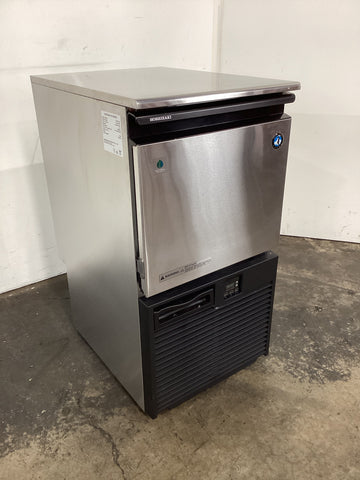

 Hoshizaki KM-40CHC Ice Machine - 875360
Hoshizaki KM-40CHC Ice Machine - 875360
455W x 610D x 870Hmm
455W x 870D x 610Hmm
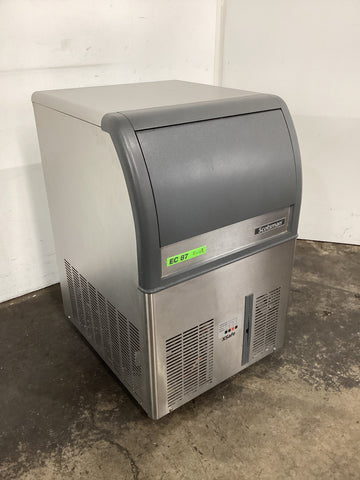

530W x 605D x 825Hmm
530W x 825D x 605Hmm
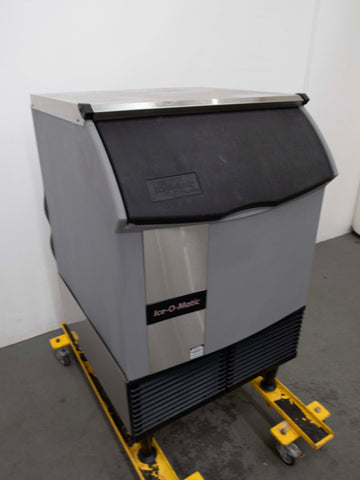

 Ice O Matic ICEU225F Ice Machine - 869490
Ice O Matic ICEU225F Ice Machine - 869490
620W x 660D x 990Hmm
620W x 990D x 660Hmm

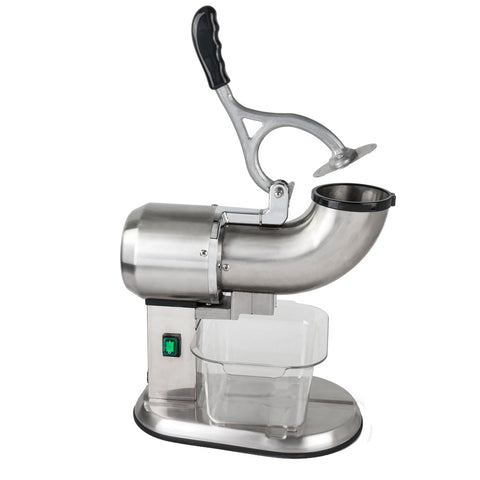

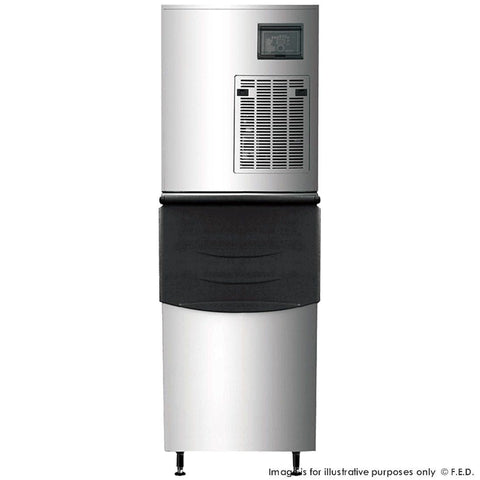

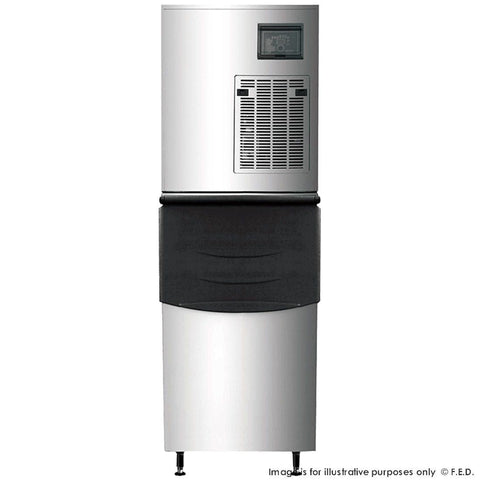

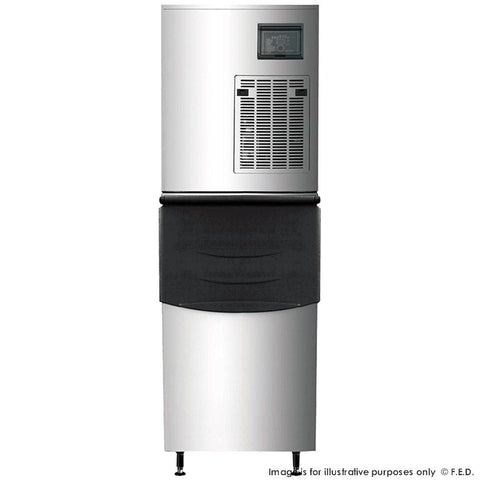

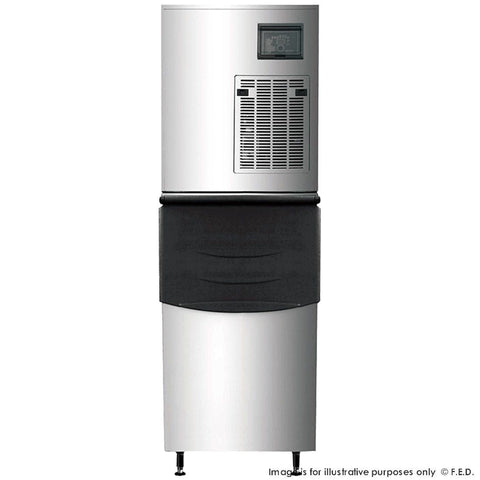



 AG Free Standing Modular Ice Machine Cube Ice - 225Kg/24Hr ICE227
AG Free Standing Modular Ice Machine Cube Ice - 225Kg/24Hr ICE227
760(W) x 860(D) x 1745(H)mm

 AG Free Standing Modular Ice Machine Cube Ice - 160Kg/24Hr ICE159
AG Free Standing Modular Ice Machine Cube Ice - 160Kg/24Hr ICE159
560(W) x 800(D) x 1720(H)mm

 AG Free standing Ice Machine cube ice - 95Kg/24Hr ICE95
AG Free standing Ice Machine cube ice - 95Kg/24Hr ICE95
660(W) x 707(D) x 919(H)mm

 AG Undercounter Ice Machine cube ice - 55Kg/24Hr ICE55
AG Undercounter Ice Machine cube ice - 55Kg/24Hr ICE55
530(W) x 570(D) x 830(H)mm
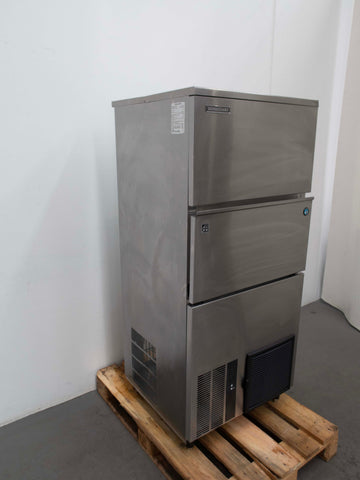

 Hoshizaki IM-240NE Ice Machine - 844950
Hoshizaki IM-240NE Ice Machine - 844950
700W x 1580D x 690Hmm
700W x 690D x 1580Hmm
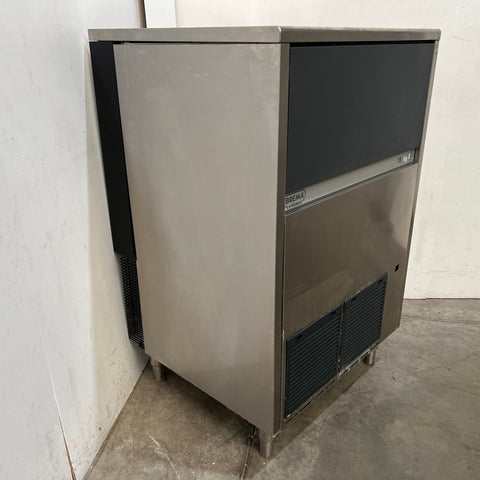

 Brema TB1405A Ice Machine - 777607
Brema TB1405A Ice Machine - 777607
738W x 1020D x 690Hmm
738W x 690D x 1020Hmm
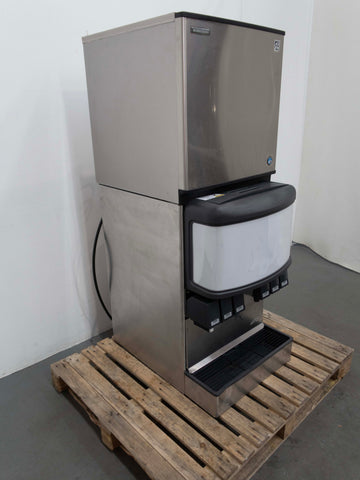

 Lancer 4500 Ice + Beverage Dispenser - 876321
Lancer 4500 Ice + Beverage Dispenser - 876321
575W x 660D x 700Hmm
575W x 700D x 660Hmm
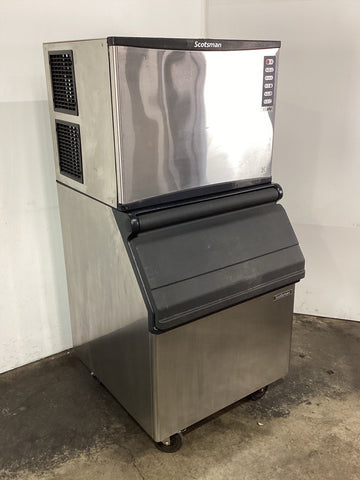

770W x 1620D x 850Hmm
770W x 850D x 1620Hmm
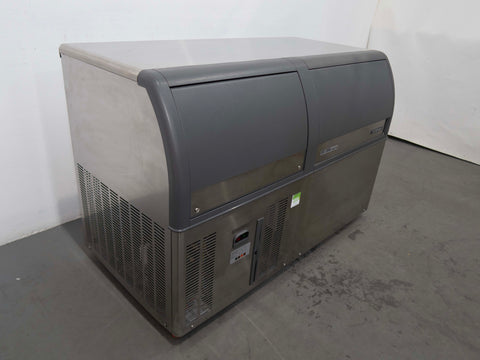

1250W x 615D x 800Hmm
1250W x 800D x 615Hmm
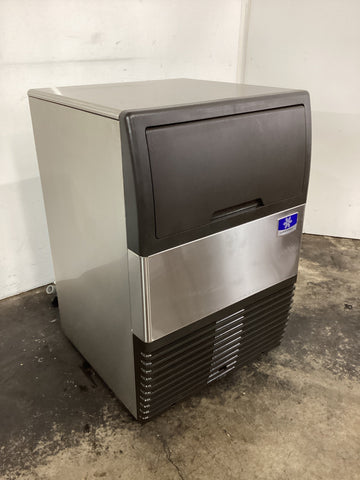

550W x 550D x 830Hmm
550W x 830D x 550Hmm
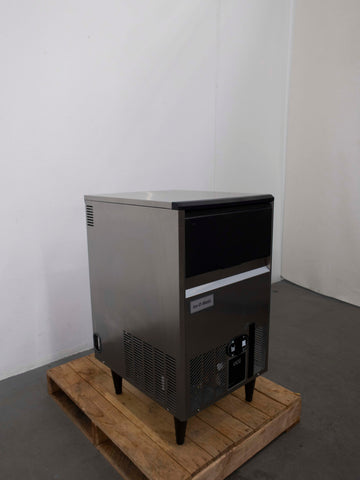

 Ice-O-Matic UCG85 Ice Machine - 830859
Ice-O-Matic UCG85 Ice Machine - 830859
470W x 570D x 830Hmm
470W x 830D x 570Hmm
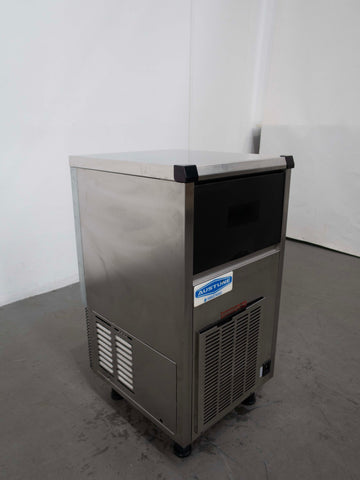

410W x 780D x 545Hmm
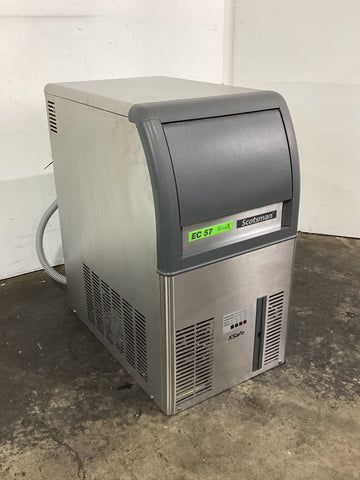

390W x 600D x 700Hmm
390W x 700D x 600Hmm
Commercial ice makers are a time and money-saving investment for bars, cafes, restaurants, and catering businesses. No matter the season, ice is an essential thing to have on hand. Ice makers ensure a constant supply of fresh ice to keep drinks cold and come in a range of sizes and formats to suit unique needs.
Whether you want a compact model or need something that can generate hundreds of kilos of ice a day, we have the perfect option for you here at Restaurant Equipment Online. Explore the range today and order yours with Australia-wide delivery.
Ice makers take water, whether from a plumbed-in inlet or an internal reservoir and pump it over a freezing grid. This captures the water and turns it into ice cubes. Depending on the model you have, you can choose the size and shape of ice you get, including the choice of cubes, chips, flakes and bullets. Once they’re formed, they’re dropped into an ice bin, ready for you to use.
Whether or not your commercial ice maker needs a drain will depend on the model’s specifications and design. Generally speaking, countertop ice makers won’t need a drain if they’re fully self-contained, turning water from a reservoir into ice.
Larger models that make 20 kilograms or more of ice every 24-hour period will need both a water inlet and a drainage connection. Before you purchase a commercial ice maker, it’s worth considering the size you can accommodate and also whether you have the suitable facilities to plumb it into your kitchen.
Yes, you can get all the additional equipment and accessories you need for your ice maker at Restaurant Equipment Online. For large ice machine models, you can get ice bins to accommodate all the ice they make. To ensure the best quality ice, you can also get water filtration systems.
As with many modern kitchen appliances, ice makers have become incredibly energy efficient in recent years. They often include additional functionality such as automatic shutoff and timers that enable you to control when it switches on, creating ice only when you need it.
Brands like Hoshizaki offer especially energy-efficient compact models, using less power to create more ice. If you’re looking for a countertop model, there are options that use as little as 2.9amps while running and can create 40 kilos of ice or more in 24 hours.
Choosing energy-efficient models not only saves you money in the long run but also reduces your business's environmental impact.
Choosing the best commercial ice machine for your establishment depends on a few factors. The first thing you’ll need to consider is the kind of space you have available and whether you have the ability to add the relevant plumbing. We recommend measuring up your space and ensuring you factor in adequate space around the ice machine itself.
The next thing to do is calculate the total volume of ice you’ll need on a daily basis. Smaller countertop models can generate 10 to 20 kilos of ice a day, under-bench options will be able to give you 20 to 2000 kilos a day while large modular options can create anywhere between 80 and 6000 kilos of ice a day. Modular ice makers will also need to be accompanied by an ice tub that sits separately from the ice maker itself.
If space is limited, or you don’t have a high volume requirement, countertop ice machines may be more than enough. For additional storage, you may also want to consider ice caddies. You’ll also want to decide if you want additional features like automatic shutdown and different varieties of ice. If you’re unsure which model will fit best in your kitchen and need a personal recommendation, you can contact our support team for a personal recommendation.
Each commercial ice maker's time needed to produce its first batch of ice will vary. Some models may take as little as 15 minutes, while others will take an hour or more. The answer also depends on the quantity of ice you need, with most ice makers continuously creating ice throughout several cycles.
Some ice makers have self-sanitisation settings, helping to streamline your cleaning process. However, you should check your ice tubs each day to ensure cleanliness and clean them regularly.
Along with regularly cleaning your ice maker, you will also need to periodically replace the water filters and get the machine itself serviced occasionally. It’s also worth noting that filtered water will help keep the interior mechanics of your ice machine cleaner for longer as well as give you clearer-looking and better tasting ice.
There are three key types of commercial ice makers: benchtop, under-counter and modular ice makers.
Benchtop ice makers are the most compact option and are ideal for kitchens with less need for high volumes of ice. They’re also more portable and are often fully self-contained, meaning they don’t need extra plumbing setup, which can be a benefit for many kitchens. Under-counter ice makers are also space efficient, offering more output than countertop models and can come in either plumbed-in or self-contained. Modular ice makers are the largest options and the ideal choice for kitchens with ample space and high-volume ice requirements.
If your ice maker is in a more public area, you may want to look for a model with noise-reducing features or place it in a less high-traffic area that won’t disturb patrons. Alternatively, for kitchen use, you may instead want to opt for a smaller model or one that has timer settings so you can control and reduce the noise levels during business hours.
Exclusively using filtered water in your ice machine will not only give you better-tasting, higher-quality ice, but it can also extend the lifespan of your ice maker for up to 10 years. This is especially true for non-metro areas or zones with hard, mineral-rich water that can cause limescale build-up within your ice maker.
You have plenty of options when it comes to water filtration. We recommend the options from Follett. For a personal recommendation, please contact our team.